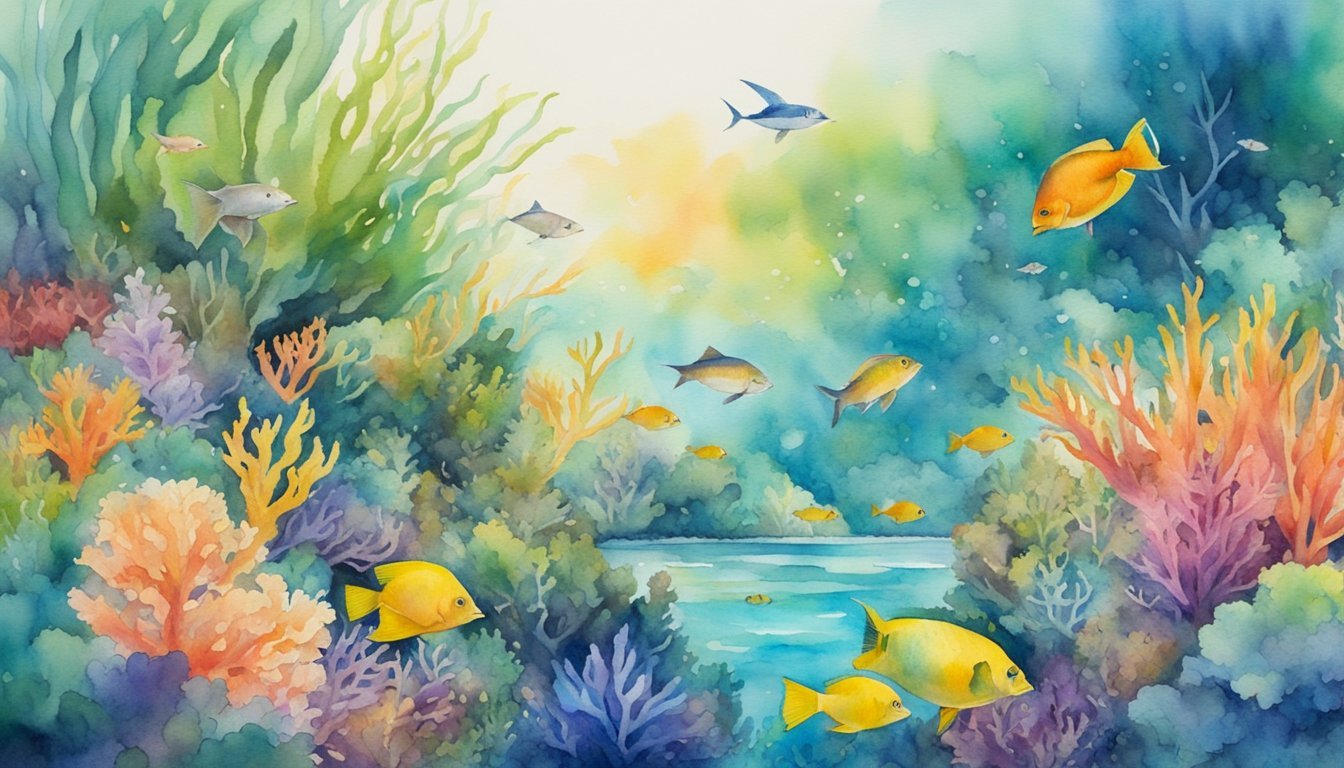The Life and Legacy of Sir David Attenborough
Sir David Attenborough is an iconic figure whose contributions to broadcasting and natural history have entranced viewers worldwide. Born on May 8, 1926, in London, Attenborough’s passion for the natural world has guided his illustrious career. He is peerlessly known for his engaging narration and has brought a myriad of ecosystems into the living rooms of millions.
Attenborough’s work with the BBC spans over half a century, pioneering natural history filmmaking. He first ventured into wildlife broadcasting with the series “Zoo Quest” in the 1950s. Yet, it was “Life on Earth” that cemented his reputation. This groundbreaking series, as well as later sequels such as “The Blue Planet” and “Planet Earth II“, have set the benchmark for wildlife documentaries.
The impact of Attenborough’s work extends beyond entertainment, firmly planting seeds of awareness and conservation. “Our Planet” and “A Life on Our Planet” are especially poignant, describing the beauty of biodiversity and the urgent need to preserve it amidst humanity’s growing footprint. Attenborough fearlessly addresses the challenges faced by nature due to human actions, urging innovative solutions and cultural shifts.
The series’ he contributed to span diverse habitats, from the depths in “The Blue Planet” to the poles in “Frozen Planet II,” with “The Green Planet” focusing on plant life. His recent work includes “Seven Worlds, One Planet,” which showcases the unique environments of Earth’s continents. At 98, Attenborough serves as a relentless voice for the natural world, reminding us of the intricate connections that sustain all life on Earth.
Exploring Earth’s Diverse Ecosystems and Species

David Attenborough’s documentaries shed light on the mesmerizing biodiversity of our planet. These visual narratives take viewers from the depths of the oceans to the heights of the sky, revealing the intricate web of life that thrives on Earth.
Aquatic Wonders
The planet’s seas are home to some of the most spectacular creatures like the dumbo octopus, delighting audiences with its ear-like fins. Attenborough’s work often focuses on these enigmatic beings, emphasizing the importance of conserving aquatic habitats. His documentaries showcase the critical role of water bodies in sustaining life, exploring ecosystems from the planet’s mightiest rivers to the smallest freshwater streams.
Terrestrial Marvels
On land, the diversity is just as rich. Viewers travel through the dense jungles of Asia to the expansive deserts of Africa, observing the unique adaptations of lions and elephants that enable their survival. Attenborough’s series often include stunning time-lapse photography to document change and evolution within these ecosystems, revealing the dramatic life cycles of plants and the profound impact of climate change on terrestrial habitats.
Aerial Mysteries
The skies tell another part of Earth’s story, where birds perform complex mating dances and embark on seasonal journeys across continents. The series highlight the significance of the weather and sun in shaping the lives of aerial species. By capturing the ethereal beauty of the frozen world at the poles and the dynamic movements of flocks in flight, these documentaries underscore the delicate balance within the aerial ecosystems.

